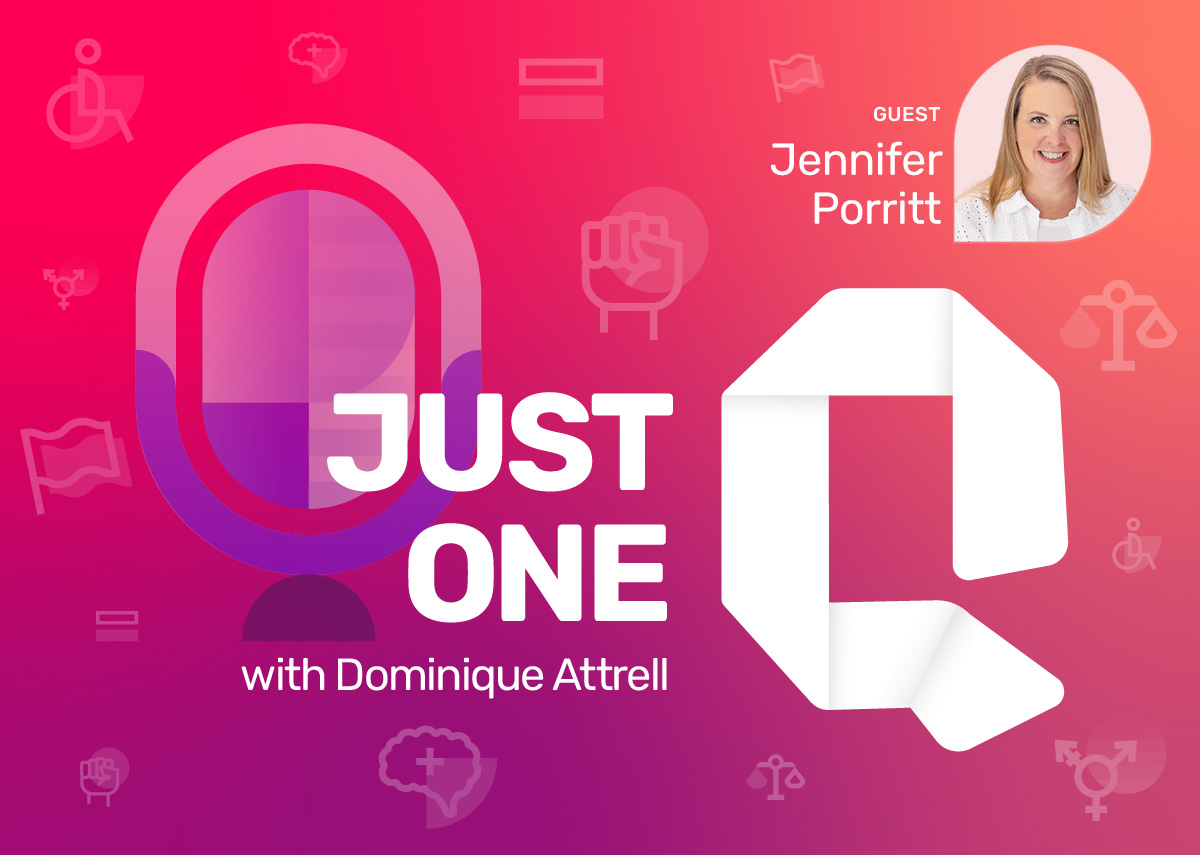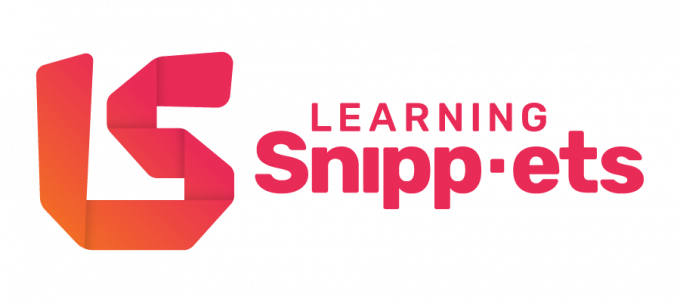
Ever feel like a project is dragging on and on? Like you’re on a hamster wheel, just churning away? For teams working on long-term projects, this feeling is all too common. It’s easy to lose sight of the big picture when you’re focused on the day-to-day grind.
Take a moment to stop the spin of the wheel to acknowledge your team’s effort and create a positive and supportive environment where everyone feels valued.
I think especially, you know, when you talk about longer term projects, right? I mean, sometimes something you’re working on could have a shelf life of a year, two years. That feels like such a long, long haul. So I think it’s really helpful for a leader to look at that long term goal and say, okay how do we break this down into chunks? What are some milestones that we can put in place where we can take an opportunity to have a conversation about what’s working well, what we need to change, and also to celebrate getting to that particular milestone. Because, sometimes the focus is so much on the long term that they forget about the day to day lived experience of people who might be plodding along on the same thing day in, day out, and not recognizing that there is a lot of power in just the acknowledgement to say, “Hey, you were here, we’ve got to this place,” and really take the time to recognize it.
And how you celebrate that is a great question for the team, too. How do we want to celebrate our milestones? Do we want to, you know, take some time at the end of a work day and all go out together? Do we want to do something fun, like go tobogganing? I don’t know. There’s lots of different ideas.
But even just little activities like that. The team can come up with, can really do a lot to help create that more celebratory type of environment, to continue to build the team, but also to continue with the momentum and the longer term goal.
So I guess if I think about it through the lens of a longer term project or a longer term goal, I like to think of it as a key part of leadership is creating a clear vision for people about what it is they’re working towards and putting in, not just having clarity of that vision, but putting in the milestones of the steps that are going to get them there.
That’s so different than someone who, a leader who just wants to get in. I call it the weeds, right? Like, just get in, has to be consulted on every decision, doesn’t visibly trust the people on their team to perform, to do their work, to ask questions when they’re feeling stuck, and to admit when maybe they’re off the rails or they failed in something.
So to me, a good leader is someone who can very clearly articulate that, identify the clear milestones along the way, and then ensure everybody knows. How they’re going to be contributing towards that vision. What their role is, what their responsibilities are, how they want decisions to be made along the way, and then taking the step back and continuing to see, are we working towards that vision?
That’s really the goal of the leader, are we working towards the vision that I’ve set out? And if you don’t know what that vision is, or you’re not clear about it, that will trickle down to everyone around you too, and there can be a lot of confusion and a lot of wasted time as a result.
And it’s amazing. I find, you know, when you ask people that question, often the things that they give out as ideas are pretty simple or don’t take a lot of extra work, right. I think that our workplaces, well, I know our workplaces are just churn, churn, churn, churn, churn.
You know, so many people I’ve had conversations with are talking about things like burnout and feeling overwhelmed. And it’s like you kind of have to stop that hamster wheel every once in a while and say okay, like, let’s get off the wheel and just pause and breathe and stick our heads out a little bit and acknowledge what we’ve done.
And that can go a long, long way in helping feel like, oh, the leader’s paying attention to me. They recognize all the hard work I’ve been putting in. And they’re also giving me permission to stop for a minute. And that, that is huge.
Jenn has been immersed in human resources and training for more than 25 years and she’s committed to helping leaders evolve and grow to support successful organizations.
She holds a master’s certificate in organizational development and change from the Schulich School of Business and professional designations in both human resources (CHRL) and training & development (CTDP). She also holds coaching certifications from Brené Brown’s Dare to Lead, Team Coaching International, EQ in Action, Everything DiSC Workplace, Crucial Conversations, and Five Behaviours of Team Development.
Jenn’s career started in HR at the University of Wilfred Laurier in Waterloo, Ontario, then she moved to PriceWaterhouseCooper where she learned, tested, implemented, planned and oversaw hundreds of tools, trainings, courses, assessments, and management interventions. She has empowered more than 5,000 individuals and led more than 475 trainings.
Jenn is also the Subject Matter Expert for two of Dialectic’s new Learning Snippets programs: Leadership 101 and Collaboration 101. These are scenario-based microlearning programs that are designed to equip leaders and team members with proven tools and strategies.
Dialectic helps organizations improve the way people work, learn, and collaborate through person-centred design and the latest in social science.

Does your team struggle with learning new soft skills?
Use our app or upload Snippets to your LMS to build better habits in minutes with scenario-based microlearning.
© 2024 Dialectic. All rights reserved. | Contact Us | Privacy Policy | Terms of Use | AODA Statement
See how easy it is to activate soft skills in your organization. Soft skills training on 3 key topics: DEI, Leadership, and Collaboration.